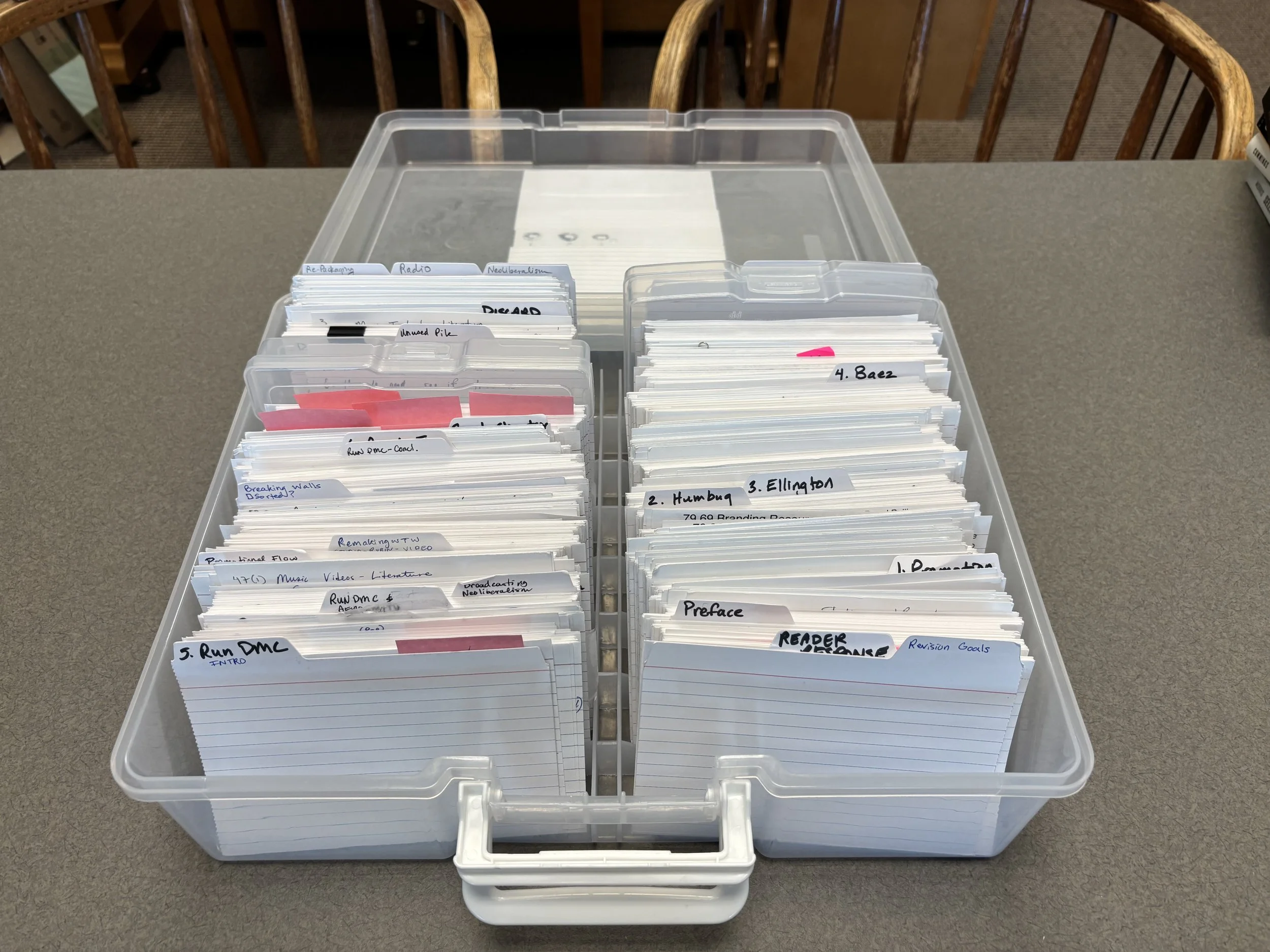Learn how to build a lasting creative career in 7 minutes a week.
Many creatives—writers, musicians, artists, filmmakers—face huge struggles in their creative and business lives. Every week, I send out an email with one example or timeless piece of advice to help creators make their best work and thrive.
Sign up for The Creative Process Newsletter
👇👇👇
Read recent issues, or search all of my past articles:
Hi, I'm Mark.
I'm a writer, a musician, and a professional musicologist.
A lot of creatives struggle to consistently tap into their creative flow. I share ideas that help them get clarity and make a plan, so that they can summon and harness their creative energies.
I'm on a mission to help artists (writers, musicians, filmmakers, illustrators, graphic designers) gain access to time-tested creative principles and processes to help them make great art, consistently.







